Back to Courses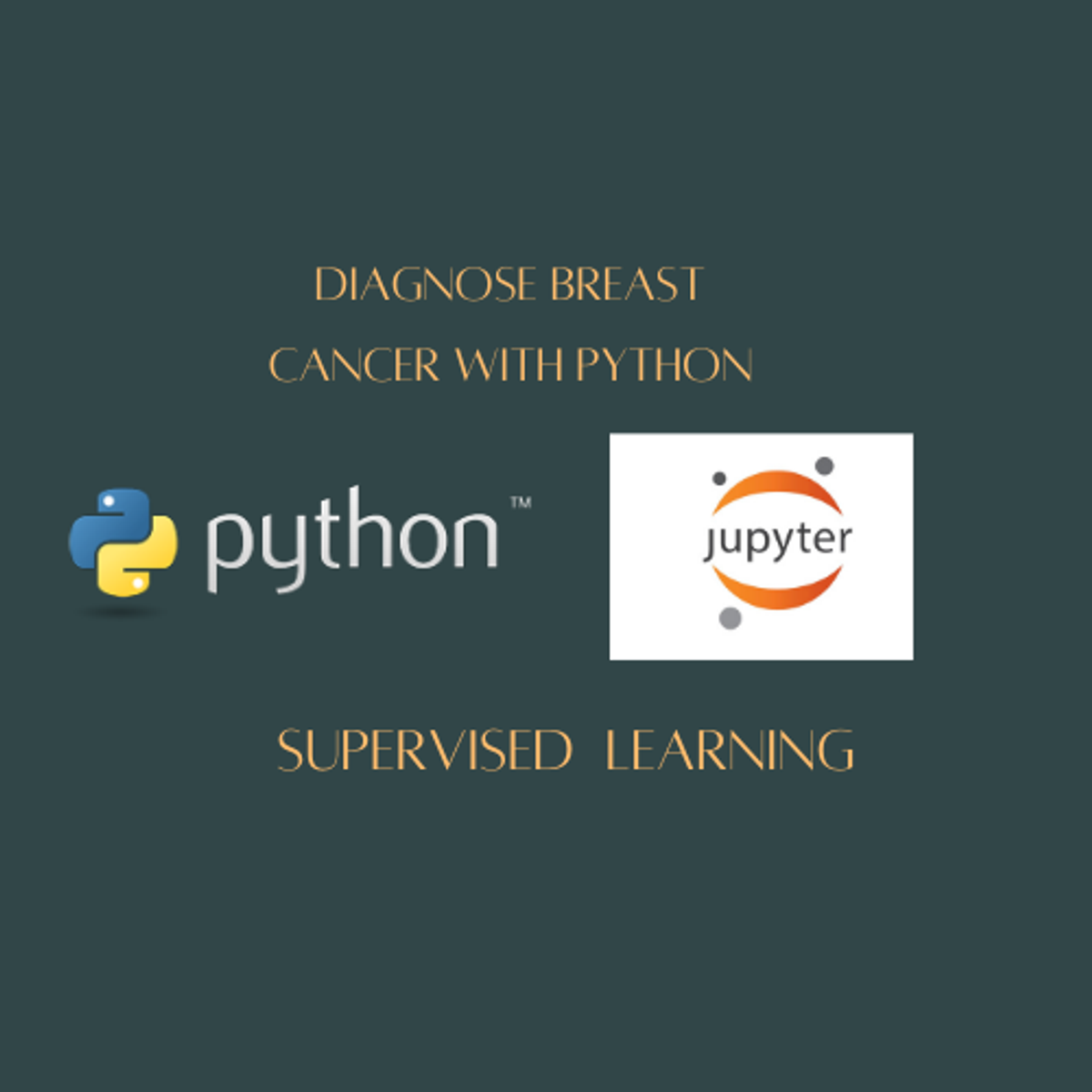
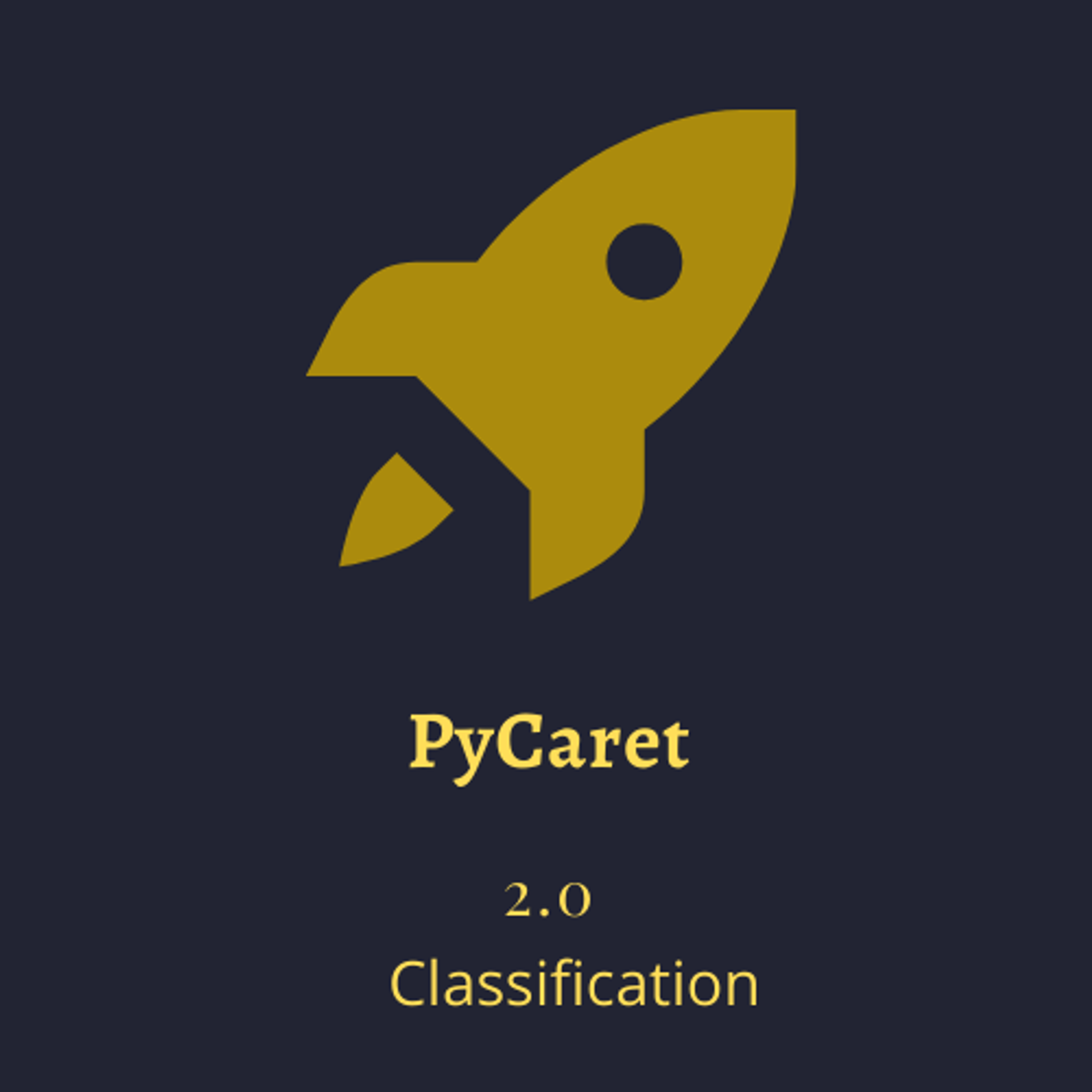

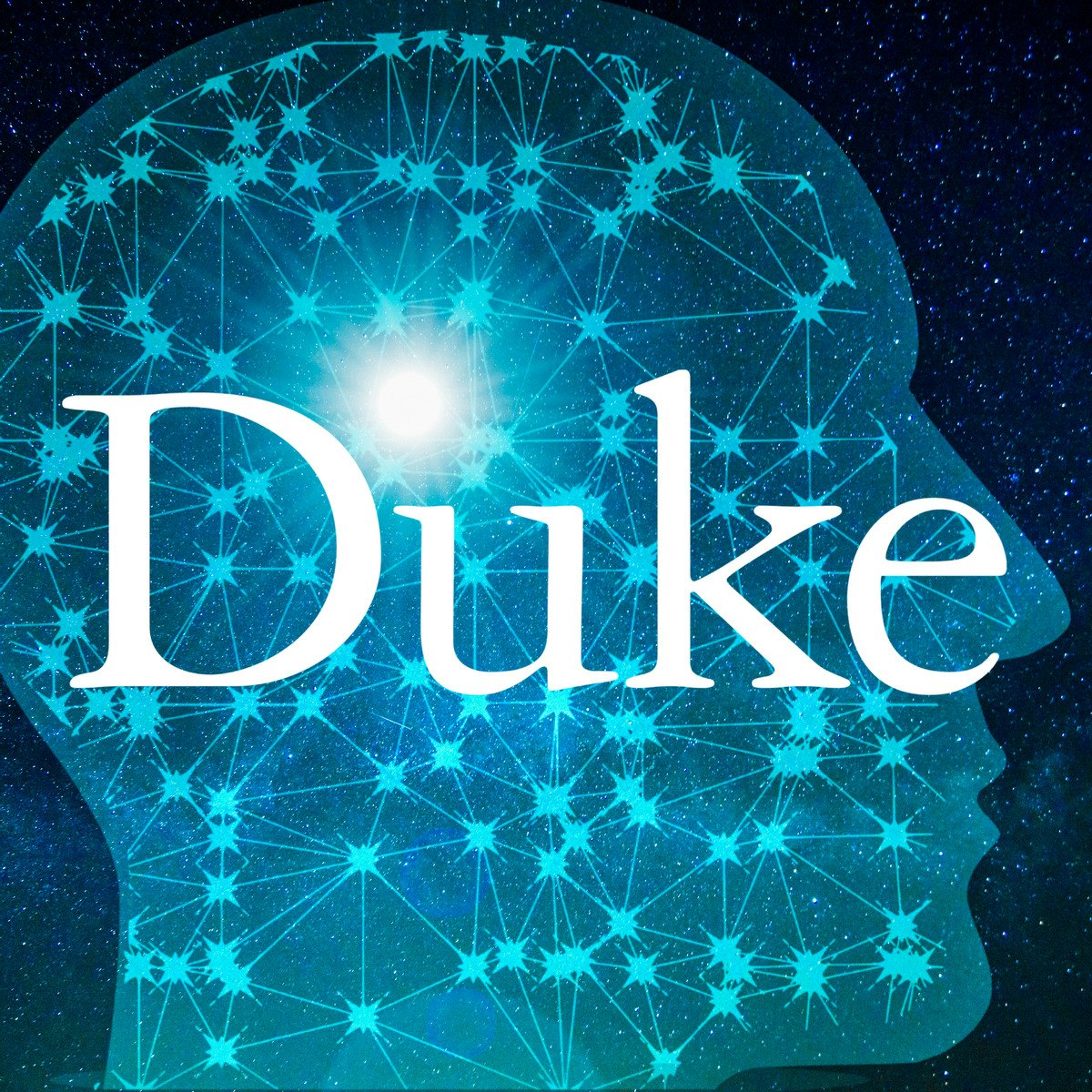



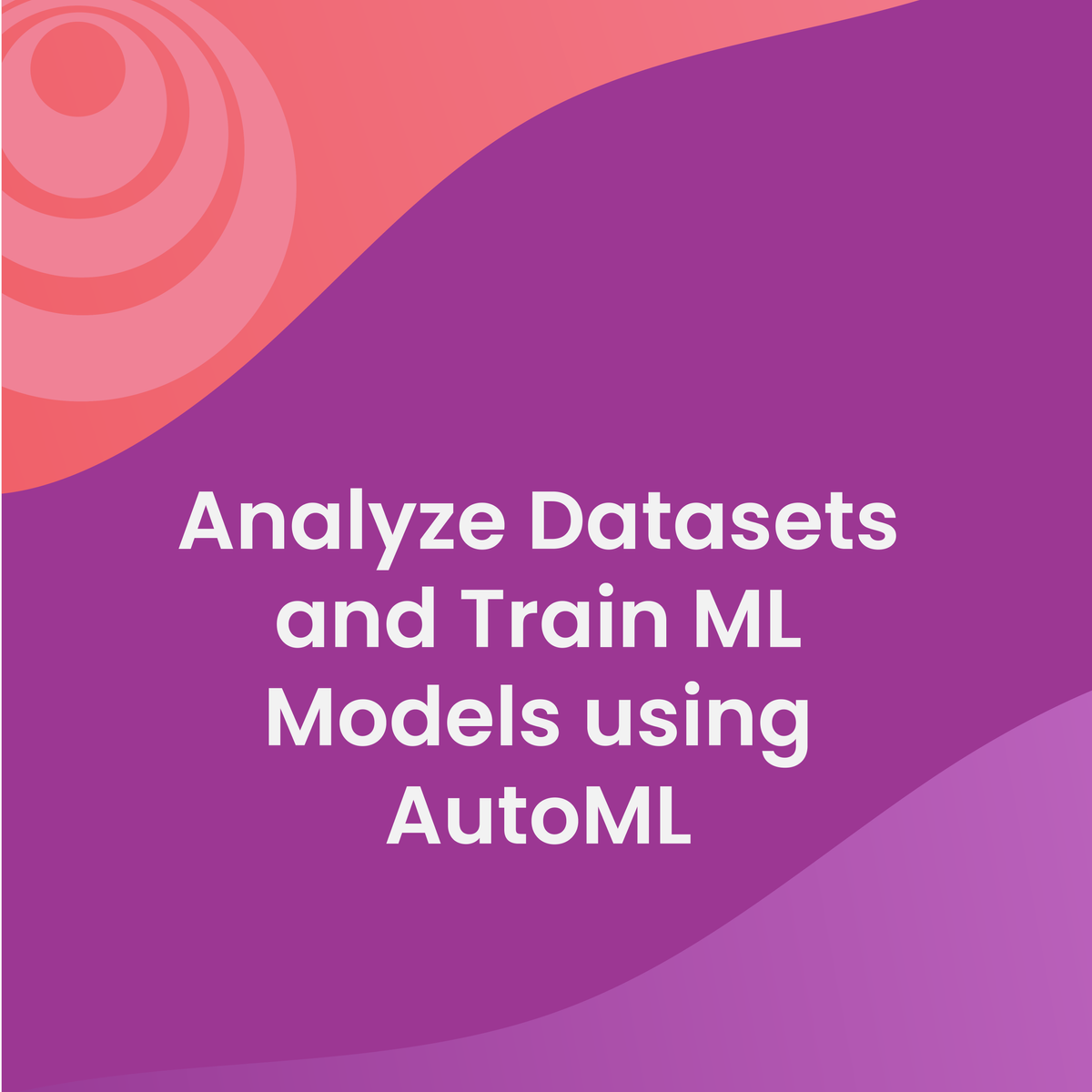
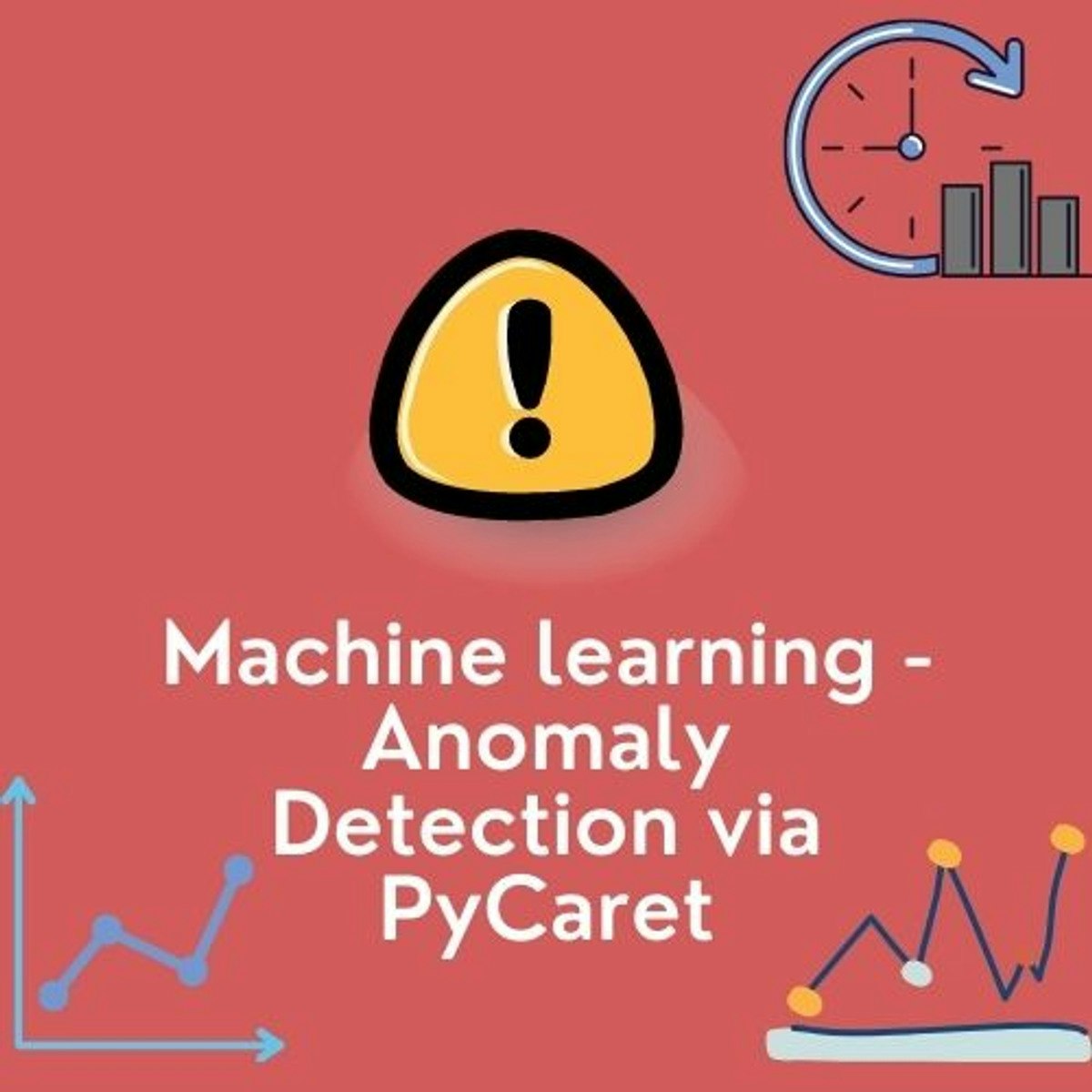

Machine Learning Courses - Page 34
Showing results 331-340 of 485

ML: Diagnose the presence of Breast Cancer with Python
In this 1-hour long project-based course, you will learn how to set up and run your Jupyter Notebook, load, preview and visualize data, then train, test and evaluate a machine learning model that predicts if a patient has breast cancer or not.
Note: This course works best for learners who are based in the North America region. We’re currently working on providing the same experience in other regions.

PyCaret: Anatomy of Classification
In this 2 hour 10 mins long project-based course, you will learn how to set up PyCaret Environment and become familiar with the variety of data preparing tasks done during setup, be able to create, see and compare performance of several models, learn how to tune your model without doing an exhaustive search, create impressive visuals of models, feature importance and much more.
Note: This course works best for learners who are based in the North America region. We’re currently working on providing the same experience in other regions.

Advanced Manufacturing Enterprise
Enterprises that seek to become proficient in advanced manufacturing must incorporate manufacturing management tools and integrate data throughout the supply chain to be successful. This course will make students aware of what a digitally connected enterprise is, as they learn about the operational complexity of enterprises, business process optimization and the concept of an integrated product-process-value chain.
Students will become acquainted with the available tools, technologies and techniques for aggregation and integration of data throughout the manufacturing supply chain and entire product life-cycle. They will receive foundational knowledge to assist in efforts to facilitate design, planning, and production scheduling of goods and services by applying product life cycle data.
Main concepts of this course will be delivered through lectures, readings, discussions and various videos.
This is the sixth course in the Digital Manufacturing & Design Technology specialization that explores the many facets of manufacturing’s “Fourth Revolution,” aka Industry 4.0, and features a culminating project involving creation of a roadmap to achieve a self-established DMD-related professional goal. To learn more about the Digital Manufacturing and Design Technology specialization, please watch the overview video by copying and pasting the following link into your web browser: https://youtu.be/wETK1O9c-CA

Managing Machine Learning Projects
This second course of the AI Product Management Specialization by Duke University's Pratt School of Engineering focuses on the practical aspects of managing machine learning projects. The course walks through the keys steps of a ML project from how to identify good opportunities for ML through data collection, model building, deployment, and monitoring and maintenance of production systems. Participants will learn about the data science process and how to apply the process to organize ML efforts, as well as the key considerations and decisions in designing ML systems.
At the conclusion of this course, you should be able to:
1) Identify opportunities to apply ML to solve problems for users
2) Apply the data science process to organize ML projects
3) Evaluate the key technology decisions to make in ML system design
4) Lead ML projects from ideation through production using best practices

Building Conversational Experiences with Dialogflow
PLEASE NOTE: This course will close for new learner enrollment on January 22nd, 2021.
If you would prefer to engage with our latest courses related to this material, please see the following courses:
Contact Center AI: Conversational Design Fundamentals: https://www.coursera.org/learn/contact-center-ai-conversational-design-fundamentals/home/welcome.
Contact Center AI: Building a Dynamic Virtual Agent: https://www.coursera.org/learn/contact-center-ai-building-a-dynamic-virtual-agent/home/welcome
The Contact Center AI: Conversational Design Fundamentals and Contact Center AI: Building a Dynamic Virtual Agent courses have similar learning objectives to the ones in the course being deprecated in this notice. They walk learners through the process of identifying a use case, creating intents and entities for conversational agents, and using context and fulfillment for conversation awareness and third party system integrations. Since many use cases for virtual agents happen in the context of contact centers, we invite you to extend your expertise by taking additional courses in the Contact Center AI Specialization, although this is not required if your interest is solely on building automated conversational agents.
Thanks, and happy learning,
The Google Cloud Learning Services team
Course Description:
This course provides a deep dive into how to create a chatbot using Dialogflow, augment it with Cloud Natural Language API, and operationalize it using Google Cloud tools.
>>> By enrolling in this course you agree to the Qwiklabs Terms of Service as set out in the FAQ and located at: https://qwiklabs.com/terms_of_service <<<

Bike Rental Sharing Demand Prediction with Machine Learning
In this 1-hour long project-based course, you will learn how to predict bike sharing demand with machine learning. Bike sharing services enable people to rent a bike from one location and drop it off at another location on an as-needed basis. The objective of this guided project is to predict bike sharing rental usage based on inputs such as temperature, season, humidity, wind speed.
Note: This course works best for learners who are based in the North America region. We’re currently working on providing the same experience in other regions.

Fashion Image Classification using CNNs in Pytorch
In this 1-hour long project-based course, you will learn how to create Neural Networks in the Deep Learning Framework PyTorch. We will creating a Convolutional Neural Network for a 10 Class Image Classification problem which can be extended to more classes. We will start off by looking at how perform data preparation and Augmentation in Pytorch.
We will be building a Neural Network in Pytorch. We will add the Convolutional Layers as well as Linear Layers. We will then look at how to add optimizer and train the model. Finally, we will test and evaluate our model on test data.
The project will get you introduced with Pytorch. You will in the end understand how the framework works and get you started with building Neural Networks in Pytorch.
Note: This course works best for learners who are based in the North America region. We’re currently working on providing the same experience in other regions.

Analyze Datasets and Train ML Models using AutoML
In the first course of the Practical Data Science Specialization, you will learn foundational concepts for exploratory data analysis (EDA), automated machine learning (AutoML), and text classification algorithms. With Amazon SageMaker Clarify and Amazon SageMaker Data Wrangler, you will analyze a dataset for statistical bias, transform the dataset into machine-readable features, and select the most important features to train a multi-class text classifier. You will then perform automated machine learning (AutoML) to automatically train, tune, and deploy the best text-classification algorithm for the given dataset using Amazon SageMaker Autopilot. Next, you will work with Amazon SageMaker BlazingText, a highly optimized and scalable implementation of the popular FastText algorithm, to train a text classifier with very little code.
Practical data science is geared towards handling massive datasets that do not fit in your local hardware and could originate from multiple sources. One of the biggest benefits of developing and running data science projects in the cloud is the agility and elasticity that the cloud offers to scale up and out at a minimum cost.
The Practical Data Science Specialization helps you develop the practical skills to effectively deploy your data science projects and overcome challenges at each step of the ML workflow using Amazon SageMaker. This Specialization is designed for data-focused developers, scientists, and analysts familiar with the Python and SQL programming languages and want to learn how to build, train, and deploy scalable, end-to-end ML pipelines - both automated and human-in-the-loop - in the AWS cloud.

Machine Learning - Anomaly Detection via PyCaret
In this 2 hour long project-based course you will learn how to perform anomaly detection, its importance in machine learning, set up PyCaret anomaly detection, create, visualize & compare anomaly detection algorithms all this with just a few lines of code.

Getting Started with BigQuery Machine Learning
This is a self-paced lab that takes place in the Google Cloud console. In this lab, you'll learn how to use BigQuery to create machine learning models for datasets to create a model that predicts whether a visitor will make a transaction.
Popular Internships and Jobs by Categories
Find Jobs & Internships
Browse
© 2024 BoostGrad | All rights reserved